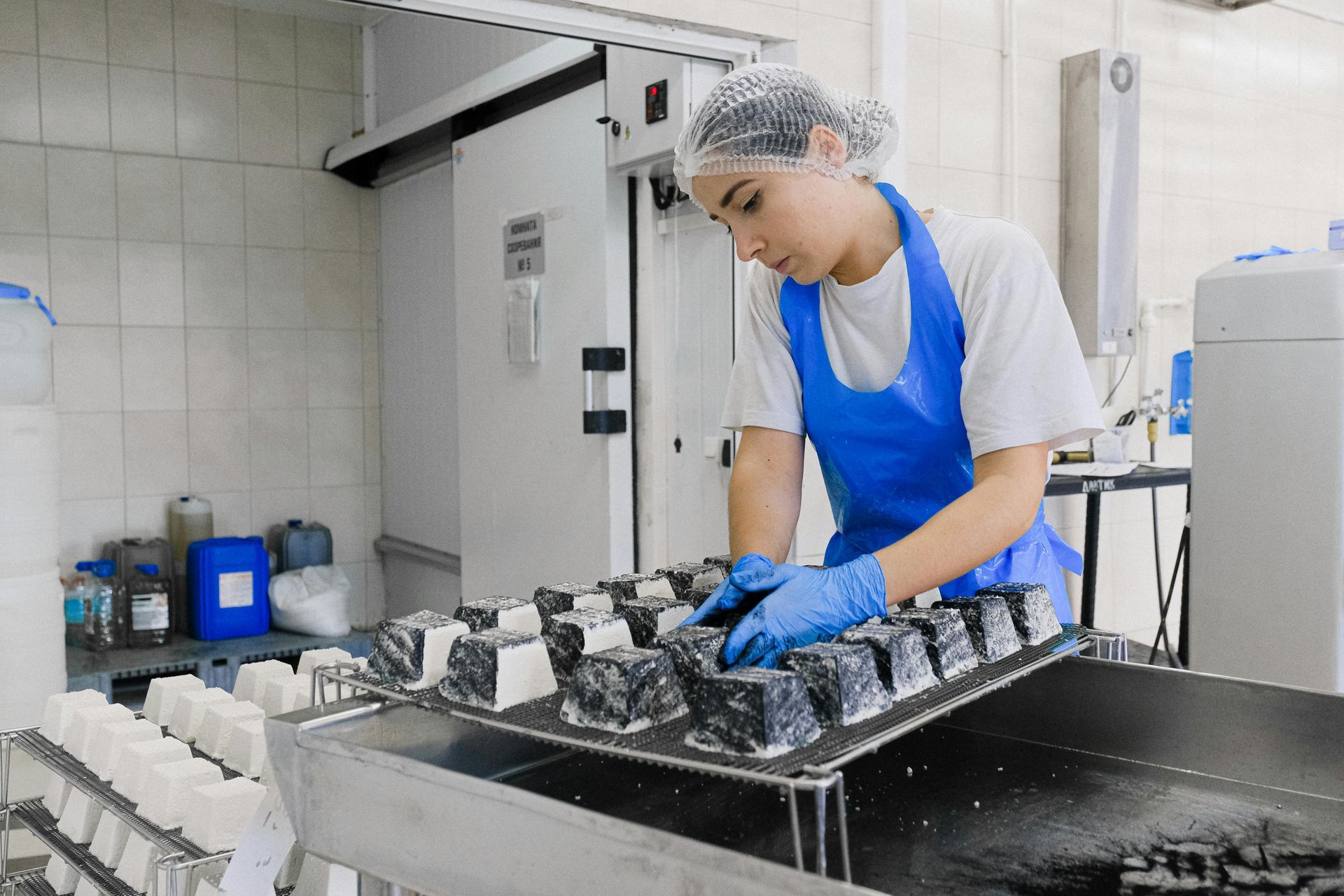Building a continuous learning culture
The life sciences industry is one of rapid change and constant innovation

With emerging technologies, evolving regulations, and breakthroughs in research, fostering a continuous learning culture is not just an option—it's a necessity. At Circle Life Sciences, we understand the critical importance of equipping professionals with the knowledge and skills required to stay ahead in this fast-paced field. Here’s how your organisation can benefit from embedding a continuous learning culture.
1. Encourage Lifelong Learning Across All Levels
In life sciences, breakthroughs often come from combining knowledge across disciplines. By encouraging learning at all levels—whether lab technicians, R&D teams, or regulatory experts—companies ensure that innovative ideas are continuously flowing.
2. Tailored Learning and Development Programs
Personalised learning plans, designed specifically for roles within the industry, ensure that life sciences professionals stay updated on regulatory changes, technological advances, and scientific developments. Continuous upskilling in areas like Quality Management Systems (QMS), regulatory compliance, and data analytics will drive growth and efficiency.
3. Leverage Digital Learning Platforms
With remote work and global collaboration being more prevalent, digital learning platforms provide an effective way to disseminate knowledge quickly. From webinars on Good Manufacturing Practice (GMP) to e-learning courses on clinical trials, companies can create a flexible, accessible learning environment.
4. Create a Culture of Knowledge Sharing
Lifelong learning doesn’t only happen in classrooms or through formal training—it’s also about sharing insights within the organisation. Peer-to-peer learning through workshops, collaborative projects, and mentorship programs can make a substantial difference in retaining top talent and enhancing their skills.
5. Stay Ahead of Regulatory Changes
In an industry where regulatory guidelines evolve frequently, it’s crucial to stay informed and adaptable. Building a learning culture focused on compliance ensures that your team remains up-to-date, reducing risks and maintaining competitive advantage.
Conclusion: Why Learning is the Key to Success in Life Sciences
The future of life sciences hinges on staying agile, informed, and innovative. By investing in continuous learning, organisations are not only investing in their employees but in the future of healthcare and biotech. Circle Life Sciences is committed to helping organisations foster this culture of growth.
Supporting Social Post:
🌿 The Future of Life Sciences Lies in Continuous Learning! 🌿
In a rapidly evolving industry like life sciences, continuous learning is the key to staying ahead of the curve. Whether you're in R&D, quality assurance, or regulatory affairs, upskilling and knowledge sharing will drive innovation and growth. 🚀
At Circle Life Sciences, we believe in fostering a learning culture to empower professionals and keep organisations at the forefront of the industry. Let’s build a future-ready workforce together!
🔗 Learn more about the benefits of a continuous learning culture in life sciences.
#LifeSciences #ContinuousLearning #Innovation #Growth #WorkforceDevelopment #TalentStrategy










